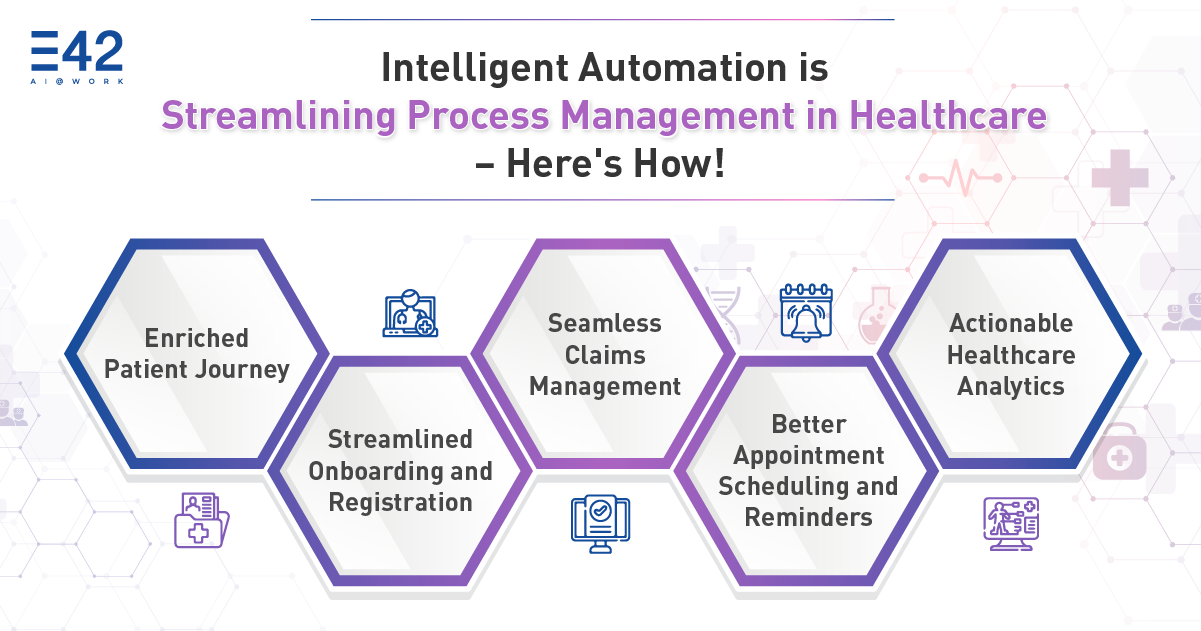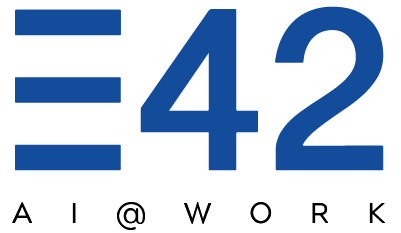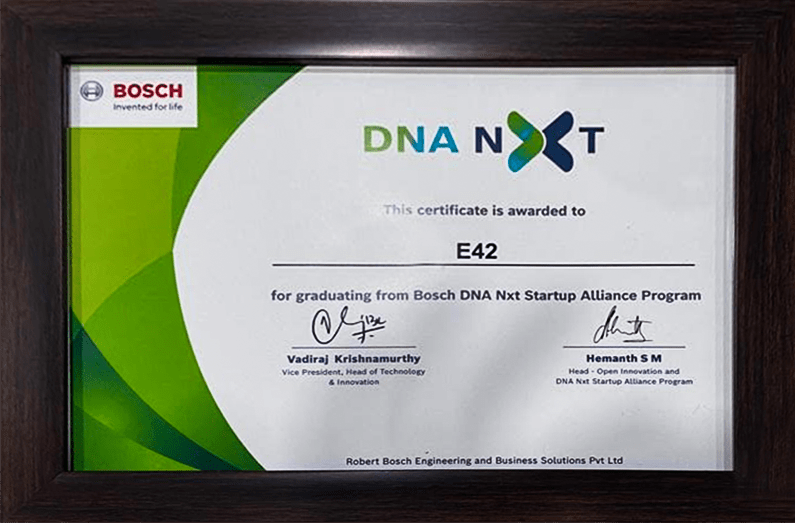AI (artificial intelligence) is rapidly advancing in various industries, including healthcare. Healthcare stakeholders are leveraging AI to automate various complex functions. These include patient engagement, claims adjudication, inventory management, risk adjustments, and billing management. This growth is not surprising given the advancements in AI technology. From increasing operational efficiencies, streamlining processes, decreasing risks, and generating valuable analytical insights – AI-led intelligent process automation is empowering the healthcare sector globally.
What is Intelligent Process Automation?
Intelligent process automation, also known as cognitive process automation, is a convergence of various technologies such as Machine Learning (ML), Natural Language Processing (NLP), Intelligent Character Recognition (ICR), Computer Vision (CV), and more. Intelligent process automation accelerates and enhances decision-making for enterprises by automating intricate business processes. By leveraging the power of cognitive AI solutions, it becomes feasible to achieve end-to-end process automation, enabling machines to make informed decisions and enhancing the capabilities of human workers.

How is Intelligent Process Automation Used in the Healthcare Sector?
The developments in cognitive technology have paved the way for exciting innovations. Today, machines can replicate human activities such as thinking, reasoning, and empathizing. The healthcare industry quickly adopts these AI trends and implements end-to-end automation solutions. These solutions are paving the path for a streamlined, digital future. With intelligent process automation in healthcare, several benefits are realized. It reduces tedious manual work and eliminates operational bottlenecks. Moreover, it enhances the quality of services provided. Here’re some of the advantages of using AI and intelligence process automation in healthcare sector:
Enriched Patient Journey
Most healthcare organizations face significant challenges in distributing patient data appropriately. One major contributing factor is the use of siloed systems such as electronic health records. Patients need continuous access to their records for a satisfying treatment experience. This is where intelligent process automation in healthcare is crucial. It automatically extracts, fetches, and integrates data, reducing unnecessary delays. As a result, healthcare companies can efficiently manage their data and improve patient outcomes.
Streamlined Onboarding and Registration
Manual processes for patient registration and onboarding are akin to delays and costly human errors. Acquiring a new patient is a significant investment for healthcare organizations. So, there is often a cost incurred on low productivity arising from the time the patient takes to start receiving care. Implementing intelligent process automation in document processing can drastically shorten onboarding time. Thus, establishing a trustworthy relationship between the facility and its patients, while ensuring an enhanced onboarding experience.
Seamless Claims Management
Manual processing of health insurance claims often results in a high error rate, leading to costly rework. Not only is it time-consuming, but it also burdens the teams with excessive paperwork. Intelligent process automation can integrate with various systems. They can complete operations accurately and at a much faster pace than humans. For instance, after submitting a claim, its status can be tracked and updated in real time. This ensures that administrative staff are promptly alerted to any claims requiring their attention. Experts believe that automating complex tasks like reviewing user account status and notifying about incomplete claims can potentially reduce annual employee labor costs by up to 30% annually.
Better Appointment Scheduling and Reminders
Booking appointments and checking on patients are both time-consuming administrative tasks. Every patient has a unique set of problems and care. Intelligent process automation in healthcare simplifies this process. It schedules appointments efficiently based on number of patients and availability of physicians. Patients can even cancel or reschedule appointments at their convenience. This eliminates some of the most excruciating tasks for medical caregivers like answering phone calls, data entry, etc.
Actionable Healthcare Analytics
AI-powered virtual agents are capable of running analytical models on the processes they are deployed on. With the help of AI-powered analytics, health management can make informed decisions. These decisions can significantly improve clinical, financial, and operational aspects. These analytics can enhance fraud detection, data security, and treatment planning outcomes. Intelligent process automation tools are already in use in healthcare that are helping to forecast patient loads, improve physician and staff management, reduce labor costs, monitor real-time data, and prevent adverse events.
Conclusion
AI and machine learning have become easier to implement. As a result, stakeholders in the healthcare value chain are increasingly relying on process automation. This helps them be more responsible, reduce labor costs, minimize errors, and operate more efficiently and accurately. Providing the best patient care experiences and outcomes is a top priority for both healthcare sectors. Intelligent process automation in healthcare plays a crucial role in achieving this goal. It allows healthcare institutes to accomplish their tasks in a more cost-effective manner. This, in turn, can lead to improved operating margins and the ability to focus on what really matters – providing non-stop care to patients!
Unlock the Power of Intelligent Automation with E42 AI co-workers
E42 is a no-code cognitive process automation (CPA) platform. It allows you to build AI co-workers that automate enterprise processes across functions and verticals. Market leaders across industries use our AI co-workers to streamline their operations. One such AI co-worker is the AI Receptionist for Healthcare Providers. This co-worker automates monotonous tasks like appointment scheduling, billing and compliance, clinical documentation, and more. To know more about what AI-led automation can do for healthcare providers and to embark on your automation journey, reach out to us at interact@e42.ai today!



